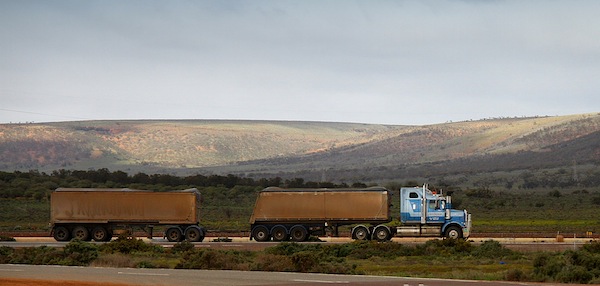Gas taxes. Why do we tax gas? To place a “penalty” on the consumption? To create an incentive towards reduced use, ie. reduce demand? To fund transportation projects? To encourage R&D for alternative energy? To fund R&D for alternative energy?
The answer used to be simply to fund transportation. Now, in spite of the US being in the midst of inflation and rising oil prices, folks are picking up the gas tax or “carbon tax” as a way to reduce our demand and fund alternative fuel/energy research and develpment.
Mind you, the gas tax is already woefully incapable of funding all the road projects out there.
Kevin Drum asks “Why not tax carbon?” On the one hand he asks,
“what better way to fund energy research than with a carbon tax?”
It would be nice to believe that this carbon tax revenue would be placed in a piggy bank only for use by those doing R&D on alt-fuel. In the next paragraph though, he states
“Given that we’re quite obviously going to need new taxes in the future, I have a hard time seeing the downside of a carbon tax.”
This last statement kind of implies that this carbon tax (ie. gas tax) would really just be additional taxation to be lumped into the general pool. And knowing our government, that’s true. Politics trumps solutions.
A couple problems with the carbon tax:
- Raising taxes on gasoline is regressive. It takes proportionally more from those of lower income. You hurt those at the bottom… those who can’t afford a new Prius to offset the new gas prices.
- This doesn’t solve our funding structure problem with transportation. If anything, it just makes it more of a goobledygook mess.
- This is just going to end up another revenue generating tax that never goes away.
The only problem this may solve is our dependence on foreign oil. However, Drum himself points to studies showing that incremental increase in gas prices (such as though wrought by taxation) do little to curb consumption ie. reduce demand.
Before we starting adding a carbon tax to our fuel, we need to fix our transportation funding structure. We can look at ways to add disincentives to gas consumption later. However, I think that the real way you reduce gas consumption is by switching traffic (freight and passenger) to transportation that is grossly more efficient (rail comes to mind).

